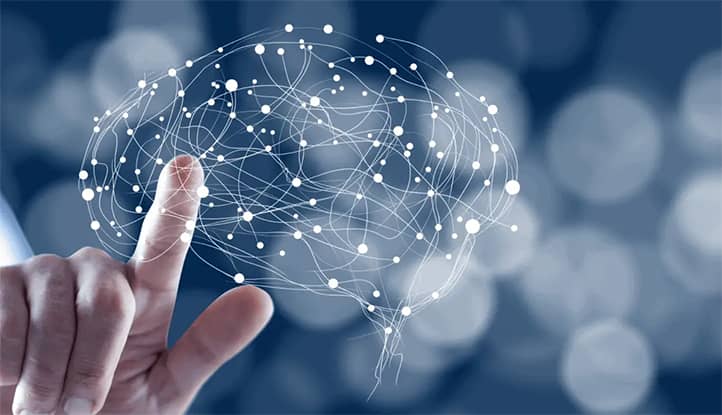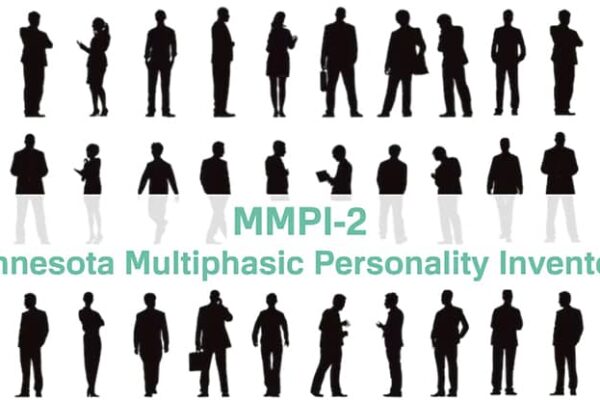Neurobiology is a fascinating science that explores the structure and function of the brain, uncovering the mysteries of how this complex organ governs our lives. Weighing only about 1.5 kilograms, the brain serves as the command center for everything we do, feel, and think. It not only controls our movements and speech but also emotions, […]
How to Know Your Archetype? A Simple Psychological Test
Archetype is a universal, deep-seated image or behavioral model that exists in the collective unconscious of humanity. This concept was introduced by the Swiss psychologist Carl Jung, who believed that archetypes are innate structures of the psyche, common to all people, regardless of their culture, era, or individual experiences.
Rational Thinking: How to Stop Acting on Autopilot
Rational thinking is the ability to think logically, objectively, and without excessive influence from emotions. It allows us to analyze information, weigh facts, and make thoughtful decisions, even in complex or stressful situations.
Phrenology: The Forgotten Theory That Changed Psychology
Phrenology is a doctrine that emerged in the late 18th century and gained widespread popularity in the 19th century. It claimed that a person’s character, abilities, and personality traits could be determined by the shape of their skull. According to phrenological theory, the brain is divided into specific areas, each responsible for certain mental functions, […]
Physiognomy for Every Day: What Can be Understood at First Glance?
Physiognomy is an ancient art and science that studies the connection between a person’s facial features and their character, emotions, and sometimes even destiny. Its roots trace back to antiquity: Aristotle and Hippocrates sought to understand how appearance reflects the inner world of a person. In China, physiognomy became part of philosophical teachings, while in […]
Idee Fixe: How to Distinguish a Healthy Goal from an Obsession?
An idee fixe refers to a persistent, obsessive thought or desire that dominates a person’s consciousness and becomes the central focus of their mind. This phenomenon is often tied to a specific goal, belief, or aspiration that takes such deep root in the psyche that it starts overshadowing all other aspects of life.
Collective Unconscious: The Key to the Mysteries of the Human Psyche
The collective unconscious is one of the most mysterious and profound concepts in psychology, first proposed by Carl Gustav Jung. This term describes a layer of the psyche that is common to all people, regardless of their culture, age, or life experiences. Unlike the personal unconscious, which is shaped by individual experiences, the collective unconscious […]
Seasonal Affective Disorder: Main Symptoms and Treatment Methods
Seasonal Affective Disorder (SAD) is a form of depression that occurs during specific times of the year, most often in the fall and winter, when daylight hours decrease and sunlight becomes scarce. This condition is accompanied by feelings of sadness, fatigue, a loss of interest in usual activities, and other unpleasant symptoms that can significantly […]
Sexism: An Invisible Wall in a World of Opportunity
Sexism is a system of prejudices and discrimination based on gender, ingrained in societal norms, culture, language, and even laws. This phenomenon is not limited to direct infringement of rights but also operates through stereotypes that shape people’s perceptions and impose restrictions on their self-realization.
Strategic Thinking as a Psychological Resource of the Modern Personality
In the modern world, we face numerous challenges every day that transform our lives faster than ever before. Technological progress, globalization, constant information pressure, and social competition create an environment where individuals must adapt to new realities to remain competitive and maintain inner balance.
Digital Detox: Instructions for Those Who are Tired of the Internet
Digital technologies have become an integral part of our lives, making them more comfortable, faster, and productive. Smartphones, tablets, laptops, and other gadgets provide instant access to information, unlocking limitless opportunities for communication, learning, and work. We can easily stay updated on global news, keep in touch with loved ones even if they live thousands […]
The Pomodoro Technique: Time Management That Works
In today’s world, the issue of effective time management has become particularly relevant. Every day, we face numerous tasks, deadlines, and information overload, which compels us to search for ways to increase productivity. Constant distractions, multitasking, and the lack of a clear work organization system often lead to reduced concentration, feelings of fatigue and burnout.
Mesmerism in Modern Psychotherapy: Myths and Reality
Mesmerism is a term that originated in the 18th century when Austrian physician Franz Anton Mesmer introduced the concept of “animal magnetism.” Mesmer claimed this invisible energy flow, similar to magnetic fields, could influence a person’s physical and mental state. He believed that proper manipulation of this energy could cure illnesses and restore harmony in […]
Anankastic personality disorder: causes, symptoms, therapy
Anankastic personality disorder is a complex psychological condition characterized by an excessive inclination toward order, control, and perfectionism. People with this disorder feel a constant need for structure and precision, which often interferes with their daily lives.
MMPI (Minnesota Multiphasic Personality Inventory): The Test That Knows You Better Than You Do
In today’s fast-paced world, self-discovery is gaining increasing significance. The rapid rhythm of life, high levels of stress, and constant social changes demand flexibility, emotional resilience, and an awareness of one’s strengths and weaknesses.














